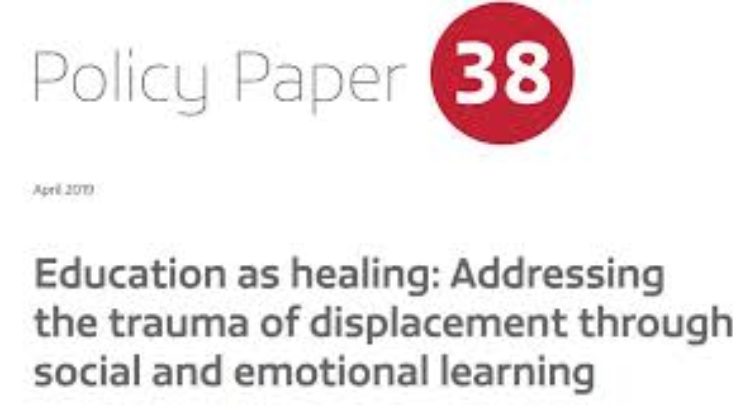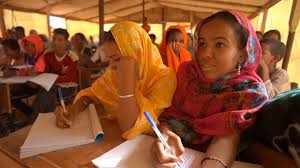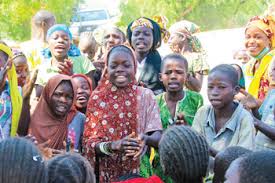Reseña: The conditions under which migrants and refugees have to leave their homes and homelands can be traumatic in the extreme. Whether they have crossed the Mediterranean in an overcrowded and unsafe boat, been barricaded in a Syrian basement for protection from shelling, or been chased away from a burning village in Myanmar, the events of their departures and their journeys can leave scars on those affected – and none more than on children who have witnessed and experienced death, loss, violence, separation from family and prolonged insecurity. Even those fortunate enough to find a sanctuary often face further hardship or discrimination in their host communities that can exacerbate their vulnerability.
Reseña: Las condiciones bajo las cuales los migrantes y refugiados tienen que abandonar sus hogares y tierras pueden ser traumáticas en extremo. Ya sea que hayan cruzado el Mediterráneo en un bote superpoblado e inseguro, hayan sido encerrados en un sótano sirio para protegerse de los bombardeos, o hayan sido expulsados de una aldea en llamas en Myanmar, los eventos de sus partidas y sus viajes pueden dejar cicatrices en los afectados. y nada más que en niños que han presenciado y experimentado muerte, pérdida, violencia, separación de la familia e inseguridad prolongada. Incluso aquellos que tienen la suerte de encontrar un santuario a menudo enfrentan más dificultades o discriminación en su anfitrión.comunidades que pueden exacerbar su vulnerabilidad.
Descargar: 367812eng (1)
Fuente: https://unesdoc.unesco.org/ark:/48223/pf0000367812










 Users Today : 14
Users Today : 14 Total Users : 35460471
Total Users : 35460471 Views Today : 25
Views Today : 25 Total views : 3419320
Total views : 3419320